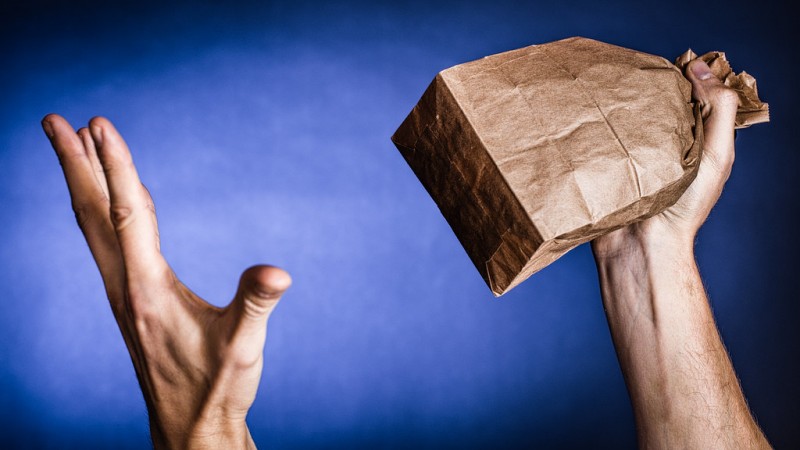
Hiccups are a common and often pesky involuntary bodily reflex that can occur at any time. They are caused by the sudden contraction of the diaphragm muscle, followed by the closure of the vocal cords. This action results in the distinctive "hic" sound and can be both irritating and embarrassing. In this article, we will explore the causes of hiccups and various effective methods for treating them.
Hiccups can be triggered by various factors, some of which include:
One of the primary causes of hiccups is overindulgence in food or eating too rapidly. This can lead to the stomach pressing against the diaphragm, causing it to spasm.
Consuming carbonated drinks, such as soda, can introduce excess air into the stomach, which may result in hiccups.
Spicy or hot foods can irritate the esophagus, leading to hiccups as a reflex response.
Exposing yourself to sudden changes in temperature, such as drinking a hot beverage followed by a cold one, can trigger hiccups.
Strong emotions, like excitement, stress, or anxiety, can stimulate the vagus nerve, which can cause hiccups.
Both smoking and excessive alcohol consumption can irritate the diaphragm and contribute to hiccups.
Hiccups are usually harmless and often resolve on their own. However, if you're looking for ways to alleviate them, here are some effective methods:
Taking slow, deep breaths can help relax the diaphragm and stop hiccups. Inhale deeply through your nose, hold for a few seconds, and exhale slowly through your mouth.
Drinking a glass of cold water slowly can soothe the irritation in your esophagus and potentially stop hiccups.
This classic hiccup remedy involves taking a deep breath and holding it as long as you comfortably can. Exhale slowly and repeat if necessary.
Gargling with icy water can stimulate the vagus nerve, which may help interrupt the hiccup reflex.
A spoonful of granulated sugar can sometimes alleviate hiccups. The graininess of the sugar may stimulate the vagus nerve.
Place a paper towel over a glass of water and drink the water through the towel. This can help regulate your breathing and potentially stop hiccups.
Breathing into a paper bag for a few breaths can increase carbon dioxide levels in your bloodstream, which may help stop hiccups.
Applying pressure to the soft spot just above your upper lip, known as the "philtrum," may help relieve hiccups.
If hiccups persist and become chronic, your doctor may recommend over-the-counter medications designed to control stomach acid, as acid reflux can contribute to hiccups.
If hiccups persist for an extended period, consult a healthcare professional, as they may be a symptom of an underlying medical condition that requires further investigation.
In conclusion, hiccups are a common and usually harmless occurrence that can have various triggers. While they often resolve on their own, there are several effective methods for treating them, ranging from simple breathing techniques to more unconventional remedies. If hiccups become chronic or particularly bothersome, seeking medical advice is essential to rule out any underlying issues. Remember, the key is to stay calm and patient when dealing with hiccups, as stress and frustration can sometimes exacerbate the problem.
The Sizzle and Flip Side of Cheeseburgers: Health Advantages and Disadvantages
How to Use These Green Leaves to Eliminate Uric Acid and Find Relief from Joint Pain
4 Factors Weakening Your Bones, Address Them Today to Avoid Regrets